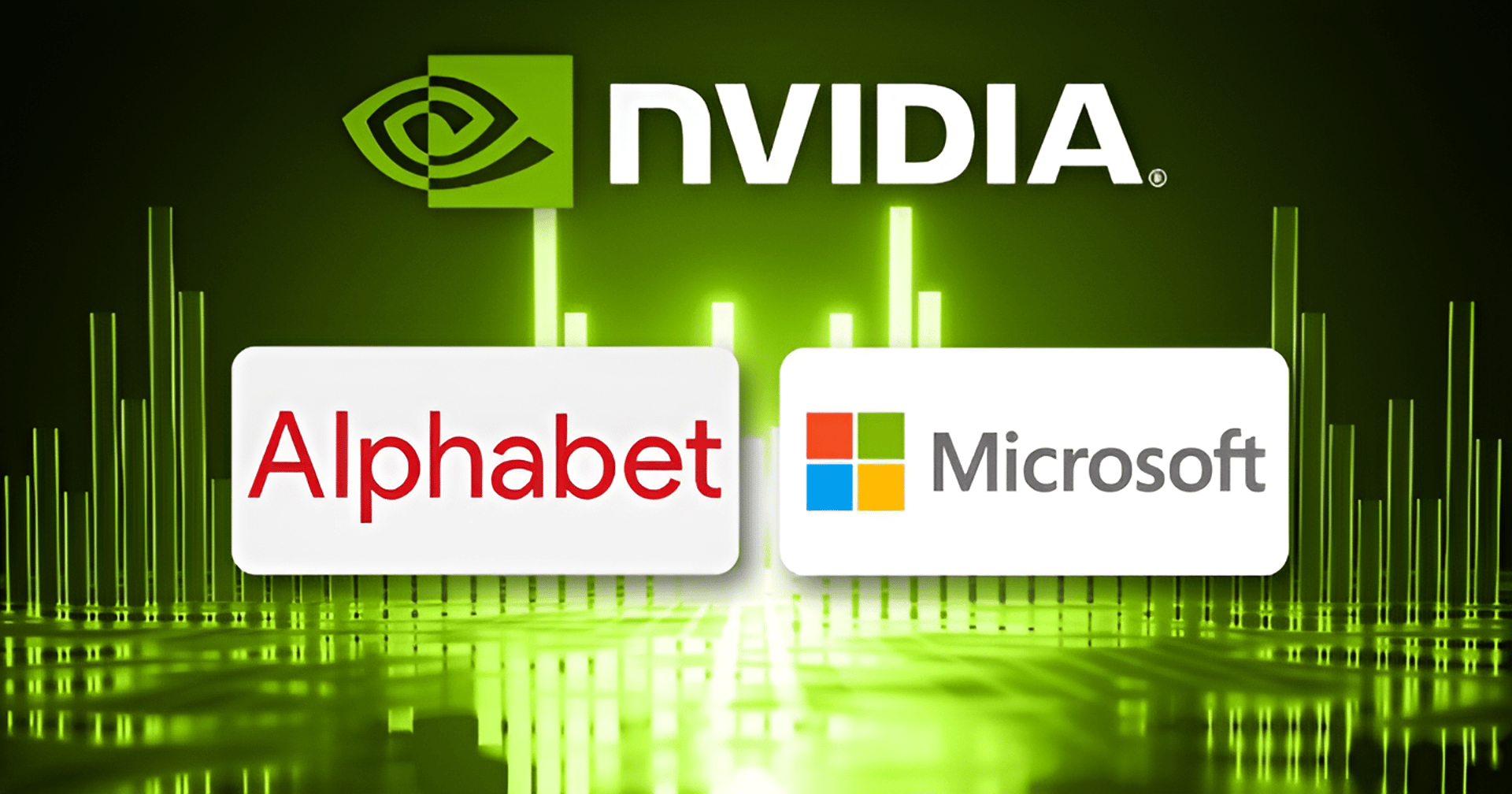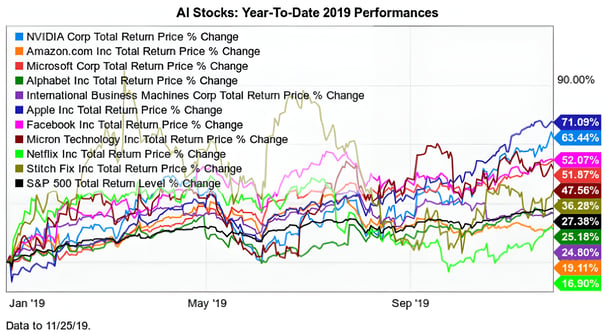
AI Advancements Impacting Tech Stocks: A Market Revolution
AI's rise is reshaping the stock market, driving tech stock growth and volatility while influencing investment strategies


The rapid rise of artificial intelligence (AI) is not just transforming industries—it is reshaping the stock market. As AI becomes more integrated into business operations, tech stocks are experiencing both unprecedented growth and volatility. Investors, analysts, and industry leaders are closely monitoring how AI advancements influence market dynamics, stock valuations, and future investment strategies.
1. The AI Boom and Its Influence on Tech Stocks
In recent years, AI has evolved from a futuristic concept to a mainstream technology driving innovation across various sectors. This shift has had a profound impact on technology stocks, with companies leading in AI development seeing remarkable growth.
Major AI Players Driving Market Growth
NVIDIA: The semiconductor giant has become synonymous with AI, providing the powerful GPUs required for machine learning and deep learning applications. The company’s stock has surged as demand for AI processing power skyrockets.
Microsoft: With its strategic investment in OpenAI, Microsoft has positioned itself as a leader in AI-driven cloud computing and software development.
Alphabet (Google): Through its AI research arm DeepMind and integration of AI across its products, Google continues to dominate the AI space, influencing investor confidence.
These companies are not just riding the AI wave—they are actively shaping its future, which in turn affects their stock performance.


2. AI’s Impact on Market Trends and Stock Valuations
The Rise of AI-Powered Business Models
AI is no longer confined to tech giants. Companies across industries—from healthcare to finance—are integrating AI to improve efficiency and decision-making. This widespread adoption is driving up demand for AI infrastructure, benefiting companies that develop AI software, chips, and cloud computing solutions.
Investor Sentiment and Market Volatility
While AI stocks have seen significant gains, market analysts warn of potential volatility. Some key factors include:
Overvaluation Risks – With AI hype driving stock prices up, there is concern that some companies may be overvalued, leading to potential corrections.
Regulatory Challenges – Governments worldwide are considering regulations on AI development and usage, which could impact company growth.
Competition and Innovation – New AI startups and cost-effective AI models could disrupt the dominance of established players, affecting stock prices.


3. The Emergence of Cost-Effective AI Models
Recently, Chinese startup DeepSeek introduced a low-cost AI model, sparking discussions about the future demand for high-priced AI solutions. This development led to a temporary dip in semiconductor stocks, including NVIDIA, as investors speculated on how affordable AI models might impact the market.
However, industry leaders argue that lower AI costs could lead to wider adoption, ultimately benefiting the sector. Microsoft CEO Satya Nadella referenced Jevons Paradox, suggesting that as AI becomes more affordable, overall demand will increase, potentially driving higher profits for AI infrastructure providers.


4. Future Outlook: Where Are AI Stocks Headed?
Long-Term Growth Potential
Despite short-term volatility, analysts remain optimistic about AI’s long-term impact on tech stocks. Some key areas expected to drive AI stock growth include:
AI in Cloud Computing: Companies like Microsoft, Amazon (AWS), and Google are investing heavily in AI-powered cloud services.
AI in Automation and Robotics: AI-driven automation is revolutionizing industries, from manufacturing to customer service.
AI in Personalized Consumer Experiences: Businesses are leveraging AI for targeted marketing, chatbots, and personalized recommendations, enhancing customer engagement.
Investment Strategies for AI Stocks
For investors looking to capitalize on AI’s growth, here are some key strategies:
Diversification – Investing in a mix of AI-related stocks, including semiconductor companies, cloud providers, and AI-driven software firms, can mitigate risks.
Monitoring AI Regulations – Keeping an eye on global AI regulations can help investors anticipate potential market shifts.
Long-Term Perspective – While AI stocks may experience short-term fluctuations, their long-term potential remains strong.
